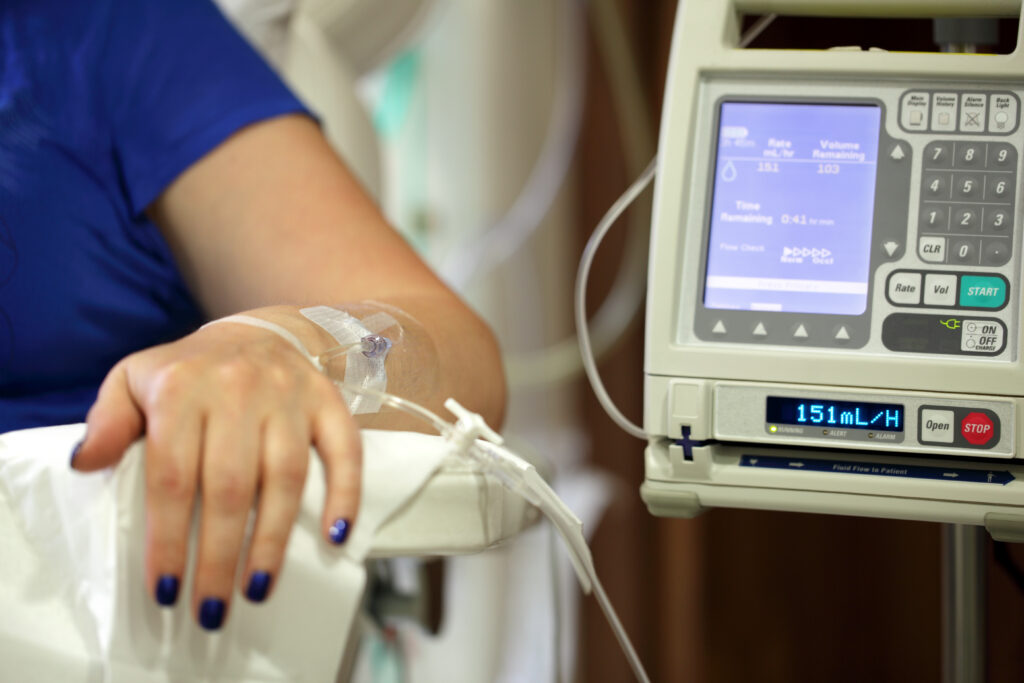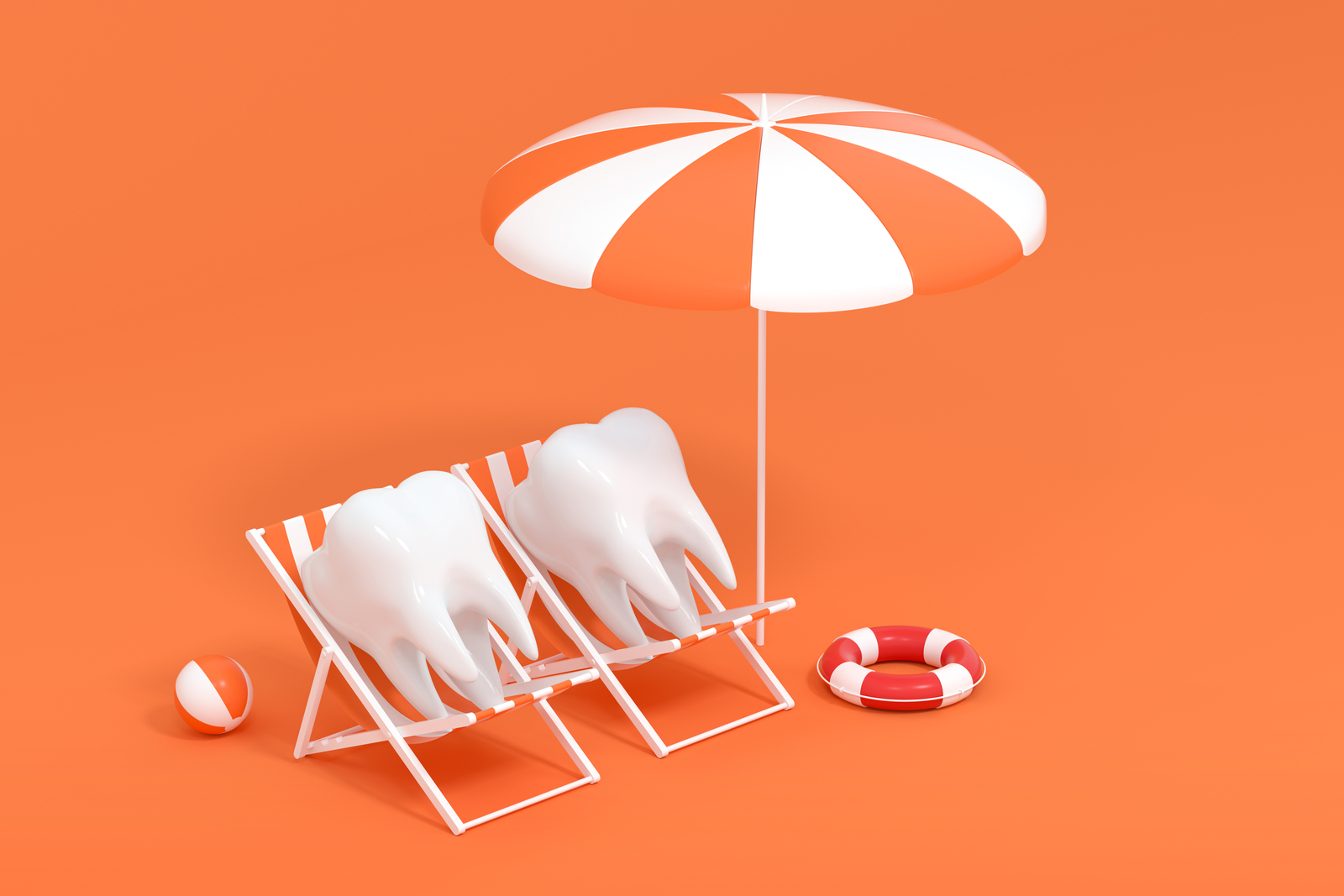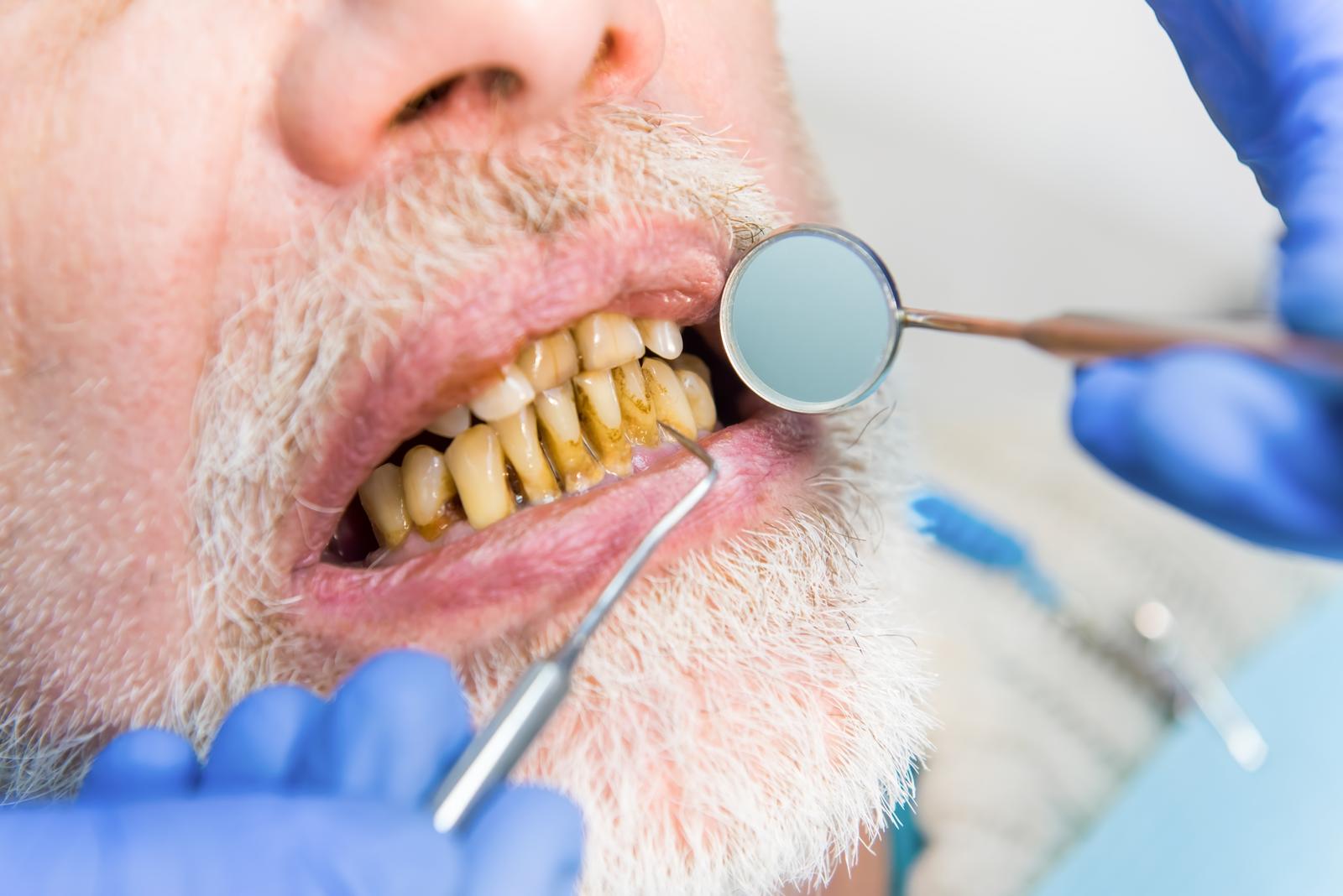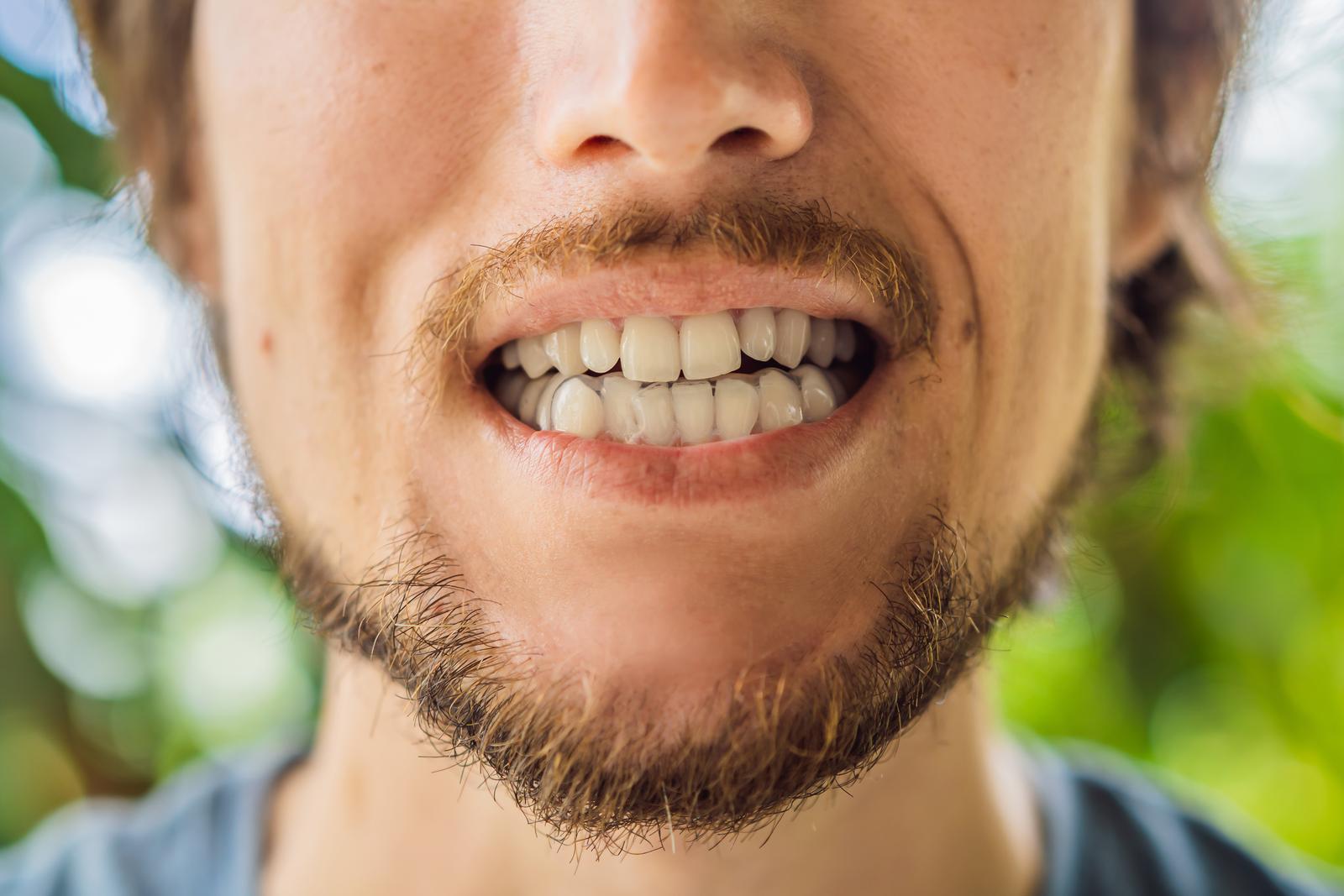You’ve recently been diagnosed with cancer and are preparing for chemotherapy. While your main focus may be on fighting the cancer, it’s important to also be aware of the potential effects that chemotherapy can have on your oral health.
Chemotherapy can cause a variety of oral health issues, ranging from dry mouth to mouth sores. These side effects can not only be uncomfortable, but they can also impact your treatment plan and overall quality of life. Understanding these potential effects and taking steps to prevent or manage them can help to ensure that your oral health remains in the best possible condition during and after chemotherapy treatment.
Chemotherapy and Oral Health: An Overview
Chemotherapy is a common cancer treatment that works by targeting and killing fast-growing cancer cells. Unfortunately, it can also affect healthy cells in the body, including those in the mouth. This can lead to a range of oral health issues that can be both uncomfortable and dangerous if left untreated.
One of the main ways that chemotherapy affects oral health is by reducing the production of saliva. This can make the mouth feel dry and uncomfortable, and it can also increase the risk of cavities and infections. Additionally, chemotherapy can damage the lining of the mouth and cause sores and ulcers to form.
Mouth Sores and Ulcers
Mouth sores and ulcers are a common side effect of chemotherapy, with up to 80% of patients experiencing them at some point during their treatment. These sores can be painful and make it difficult to eat, drink, and speak.
If you are undergoing chemotherapy, it’s important to take good care of your mouth to minimize the risk of mouth sores and ulcers. This includes brushing your teeth gently with a soft-bristled toothbrush, flossing carefully, and using a mild mouthwash recommended by your doctor.
If you do develop mouth sores or ulcers, there are some things you can do to manage the symptoms. Your doctor may recommend a special mouthwash or gel to help numb the area and promote healing. You may also be advised to avoid certain foods and drinks that can irritate the sores, such as spicy or acidic foods.
By understanding the potential effects of chemotherapy on your oral health and taking steps to minimize discomfort, you can continue to care for your body while undergoing treatment for cancer.
Dry Mouth
One of the most common side effects of chemotherapy is dry mouth, which occurs when the salivary glands do not produce enough saliva. Saliva is essential for maintaining oral health as it helps to wash away bacteria and food particles in the mouth. If left untreated, dry mouth can lead to various oral health issues, including gum disease and tooth decay.
The impact of dry mouth on oral health can be significant. Without sufficient saliva, the pH balance in the mouth changes, making it more acidic. Acidic conditions in the mouth can erode tooth enamel, leading to cavities. Additionally, the lack of saliva can cause sores and ulcers to develop in the mouth, making eating and talking painful.
Fortunately, there are some things you can do to alleviate dry mouth and mitigate its impact on oral health. Drinking plenty of water throughout the day can help keep the mouth moist. You can also try sucking on ice chips or sugar-free candy to stimulate saliva flow. Avoiding alcohol, caffeine, and tobacco can also help as they can dry out the mouth even more.
Tooth Decay
In addition to dry mouth, chemotherapy can also increase the risk of tooth decay. Chemotherapy weakens the immune system, making it more challenging for the body to fight off infection, including those that cause cavities. Furthermore, some chemotherapy drugs contain sugar, which can contribute to tooth decay if they are not brushed away regularly.
It is essential to maintain good oral hygiene habits during chemotherapy to prevent tooth decay. Brush teeth at least twice a day with fluoride toothpaste and floss regularly. Consider using an antibacterial mouthwash to help kill bacteria in the mouth. It is also important to visit your dentist regularly for checkups and cleanings and address any dental issues as soon as they arise.
If you experience any oral health issues during chemotherapy, be sure to talk to your dentist or oncologist. They may recommend specific products or treatments to alleviate symptoms and protect your oral health.
Gum Inflammation
If you are undergoing chemotherapy, it is crucial to note that gum inflammation, also known as gingivitis, is a possible side effect of the treatment. Gingivitis can manifest as red, swollen, and bleeding gums. This can be uncomfortable and sometimes painful, but it can also lead to more severe problems such as tooth decay and tooth loss if left untreated.
The chemotherapy drugs can weaken the immune system, leaving the mouth vulnerable to infections caused by bacteria, fungi, and viruses. When these infections occur, the gums can become inflamed. Additionally, some chemotherapy drugs can cause a decrease in saliva production, leaving the mouth dry and allowing bacteria to thrive. Maintaining good oral hygiene habits such as daily brushing and flossing is essential in preventing gum inflammation. Consider using an extra-soft brush and a mild mouthwash that does not contain alcohol to prevent further irritation of the gums.
Taste Changes
It is common for chemotherapy to alter taste sensations which can undoubtedly be disappointing for individuals who enjoy their favorite foods. Foods may taste bland, metallic, or have no taste at all. Sometimes, certain foods might cause a lingering unpleasant aftertaste. This change in taste buds is attributed to direct drug effects on the taste buds and or a dry mouth that reduces the ability to taste and smell.
A great strategy for coping with taste changes is to change your diet and modify your food preparation methods to make food more enjoyable. You may find relief in sour or tart foods, which tend to be more flavorful. You can also try adding spices such as lemon, cinnamon, and pepper to your meals. Likewise, incorporating fresh herbs can add flavor to dishes and may pique your interest in trying new foods. s often suggested to opt for fresh, healthy foods rather than processed foods. You can also try sipping on cold drinks or chewing on sugar-free gum to neutralize any unpleasant tastes left in your mouth. In severe cases, seek guidance from a dietitian who specializes in cancer patient nutrition.
Jaw Pain and Stiffness
One of the common side effects of chemotherapy is jaw pain and stiffness. This is typically caused by the damage that the drugs can inflict on the bone and surrounding tissues. The pain can vary from mild discomfort to severe and debilitating, with some patients finding it difficult to perform day-to-day tasks such as eating and speaking.
If you are experiencing jaw pain and stiffness, your doctor or dentist may suggest some treatment options to alleviate the symptoms. These can include physical therapy, massage, and the use of pain medication. In some cases, they may also recommend jaw exercises to help improve range of motion and decrease pain.
In severe cases, surgery may be required to repair any damage done to the jawbone. However, this is a last resort, and most patients find relief with non-invasive treatment options.
Infections
Another concern for those undergoing chemotherapy is the increased risk of developing oral infections. The drugs used in chemotherapy can significantly weaken the immune system, making the mouth more susceptible to bacteria and viruses.
To prevent oral infections, it is important to maintain good oral hygiene. This includes brushing your teeth twice a day, flossing daily, and using an antiseptic mouthwash. It is also recommended to avoid foods and drinks that can increase the risk of developing an infection, such as sugar, alcohol, and smoking.
If you do develop an infection, it is essential to seek treatment immediately. Your doctor or dentist may prescribe antibiotics or other medication to help combat the infection and prevent it from spreading.
| Preventative Measures: | Treatment Options: |
|---|---|
| – Brush twice a day | – Antibiotics to combat infections |
| – Floss daily | – Antivirals to combat viral infections |
| – Use an antiseptic mouthwash | – Topical treatments such as gels and creams to reduce pain and inflammation |
| – Avoid sugary and alcoholic drinks/foods and smoking | – Surgery may be required in severe cases |
Bleeding Gums
Chemotherapy can cause damage to the lining of your mouth, leading to inflammation and soreness in the gums. This can result in bleeding gums, making it difficult and painful to brush your teeth. Bleeding gums have a higher risk of infection due to the open wound in your mouth.
It is important to maintain good oral hygiene to prevent and treat bleeding gums during chemotherapy. You should gently brush your teeth twice a day using a soft-bristled toothbrush and fluoride toothpaste. It is also recommended to rinse your mouth with salt water or a non-alcoholic mouthwash to reduce bacteria and inflammation. You may want to avoid spicy or acidic food that can irritate your gums.
If your bleeding gums persist, you should contact your dentist or healthcare provider for advice. They may recommend additional oral hygiene measures or prescribe medication depending on the severity of your symptoms.
Speech and Swallowing Difficulties
Chemotherapy can also affect the nerves and muscles in your mouth and throat, leading to problems with speech and swallowing. Dry mouth is a common side effect of chemotherapy, which can make it difficult to swallow and speak properly.
Your healthcare provider may recommend artificial saliva or other lubricants to help moisten your mouth. Drinking plenty of water and avoiding tobacco and alcohol may also help alleviate dry mouth symptoms.
If you experience difficulty swallowing, your healthcare provider may refer you to a speech therapist or nutritionist who can suggest exercises or modifications to your diet to help improve swallowing function. In more severe cases, a feeding tube may be required to ensure adequate nutrition.
Oral Cancer Risk
Chemotherapy treatment can sometimes increase your risk of developing oral cancer. The use of chemotherapy drugs can damage your oral tissues, leaving them vulnerable to the growth of cancerous cells. Chemotherapy-induced oral cancer typically manifests as white or red patches or sores in the mouth that don’t heal.
If you are undergoing chemotherapy, it is important to stay vigilant about your oral health. You should report any unusual symptoms to your healthcare provider right away. Your dentist can also perform a simple screening test for oral cancer during your regular check-ups.
Additionally, there are steps you can take to lower your risk of developing oral cancer. You should avoid tobacco products, limit your alcohol consumption, and maintain good oral hygiene practices. A healthy diet rich in fruits and vegetables can also help to protect your oral and overall health.
Maintaining Oral Health during Chemotherapy
Maintaining good oral health during chemotherapy is essential to prevent complications and maintain overall well-being. Here are some tips for keeping your mouth healthy during treatment:
Brush and Floss Regularly
Brush your teeth at least twice a day with a soft-bristled toothbrush and fluoride toothpaste. Floss daily to remove food particles and plaque from between your teeth. Consider using an antimicrobial mouthwash to kill bacteria that can cause infections.
Stay Hydrated
Chemotherapy can cause dry mouth, which can lead to tooth decay and other oral health issues. Drink plenty of water and chew sugarless gum to stimulate saliva production. Avoid acidic, sugary, and caffeinated beverages, which can be drying.
Be Gentle with Your Mouth
Avoid using tobacco products and alcohol, as they can irritate your mouth and increase your risk of infection. Use a soft-bristled toothbrush and clean your mouth gently to avoid causing bleeding or other damage.
By following these simple guidelines, you can maintain optimal oral health during chemotherapy treatment. It is important to talk with your healthcare provider and dentist if you experience any unusual symptoms or concerns. With proper care and attention, you can keep your mouth healthy and prevent complications during chemotherapy treatment.
Final Thoughts
Managing your oral health during chemotherapy is crucial to prevent further complications and mitigate the severity of its side effects. Regular oral care, visits to your dentist, and implementing good oral hygiene practices can all help maintain your oral health. Rest assured that whatever side effects you experience during chemotherapy, your dentist and healthcare team can provide you with the care and support you need to get through it.
Remember that your oral health is a crucial part of your overall health. Always speak up and communicate with your healthcare team about your symptoms and concerns so they can help you manage them effectively. With proper care, support, and a positive attitude, you can overcome the challenges of chemotherapy to emerge stronger and healthier.







